 Comorbidity in medicine refers to the co-occurrence of one or more additional diseases or disorders alongside a primary disease or disorder. When counted as separate entities, comorbidities refer to each additional disorder or disease present. I mention this especially for anyone new to a first diagnosis to prepare you for the potential reality of additional diagnoses to follow. Comorbidities may require more frequent monitoring and follow-up appointments with healthcare providers throughout their lifetime. For example, Allie’s first official diagnosis was epilepsy at sixteen months. As she grew, her behaviors prompted further testing, leading to a series of additional diagnoses: ADHD, sensory processing disorder, obsessive-compulsive disorder, developmental and intellectual disorders, autism. Presented simultaneously, these diagnoses characterize a case of medical comorbidity. WHY DO WE NEED TO KNOW THIS WORD? While not a fun topic, understanding comorbidities can help you better navigate and manage your loved one’s healthcare journey, making sure that they receive the necessary monitoring and support from healthcare professionals to maintain their well- being throughout their lives.
0 Comments
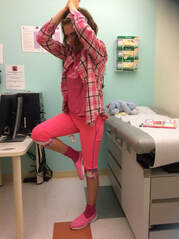 But have you tried… I find myself in light conversations about epilepsy or autism among acquaintances. Such as, “I gave my dog CBD oil and his seizures stopped! Have you tried CBD oil for your daughter Allie?” Big sigh. My husband and I will stop at nothing to help reduce seizures in our daughter Allie who lives with PCDH19 epilepsy. We have racked our brains trying to solve this mystery of the least amount of seizures and best quality of life. To give you an idea of the measures we have done, I would like to share a small sample (from my memory) that we have done or tried in no particular order: Bio and neurofeedback sessions Yoga meditation CBD oil tinctures THC oils Food elimination and restriction diets Free of artificial colors and dyes KETO (failed in hospital trying) VNS implant 12 epileptic drugs Frankincense Other essential oils (some induced seizures) Extra sleep modifications Bedding and pillows Vitamins and supplements (too many to list) Discussed brain surgery with epileptologists (never had brain surgery) I am sure we have done more, but the last 20 years have been a blur of medical mayhem. At one point we were working closely with a functional medicine Doctor that was recommended to us by another seizure mom. What we love about functional doctors is they want to dig a little bit deeper. A primary care physician (PCP) is a good first step, but a functional medicine doctor differ in their approaches to patient care. PCPs serve as the first point of contact within the healthcare system, offering general care, and management of common conditions, we all know that. On the other hand, a functional medicine doctor may take a more holistic approach, seeking to understand the root causes of health issues by considering lifestyle, environment, genetics, and health history. Right out of the gate (our first appointment) our functional doctor called for xxx lab tests to be done. We did them right away! 12 viles of blood, fecal, urine and salvia samples done and were sent to the labs. Quietly and slowly they came back. The results showed deficiencies, metabolic disorder and a few other items that we needed to address. It really is all part of the sleuthing. The gathering of information that could help one more area of her health and well-being. Where do we go from here? We are still on the path of discovery. Never stopping. But little pieces of the puzzle trickle in, and we slowly piece together what get got. And, of course the goal is always the same: reduce seizures with the best quality of life. A seizure free day is a great day.  December is a time to be festive and jolly! However, sometimes anxiety, schedule changes, and all-around mood swings can be amplified during this time of the year. What better time to talk about the one and only grand champion for mood disruptions… PMS. Premenstrual Syndrome (PMS) is characterized by a blend of physical and emotional symptoms commonly encountered by many women in the days preceding their menstrual period. Typical symptoms encompass mood swings, irritability, bloating, and fatigue. When you add PCDH19 epilepsy, autism, or any neurological issue to PMS, that is a level up of behaviors. This special type of symptom has its own entire class known as severe premenstrual symptoms, exceeding the usual scope of PMS, and is called "Premenstrual Dysphoric Disorder" (PMDD). PMDD represents an intense manifestation of premenstrual syndrome, marked by significant mood disturbances and other symptoms that can disrupt daily life. It stands as a more severe and incapacitating condition compared to standard PMS. My 20-year-old daughter, Allie, has lived with this since her first period at age 13. We did not understand it. As her caregiver, I was at a loss. Some months we wouldn’t see any mood swings, while other months were awful for us, for her. The mood swings and irritability were one thing. Another symptom she experiences is complete irrational thoughts. She would say mean things to people around her that were simply uncalled for. For example, 'Peaches (our dog), you are so much nicer than mom.' Or her teacher called one day, 'Hello, Ms. Brown, is everything okay at home? Allie was very irritable today and said mean words, very unlike the usual Allie.' We have tried natural supplements over the years, such as calcium, magnesium, vitamin B6, omega-3 fatty acids like fish oil, and evening primrose oil. Some have helped, I think. She still experiences moodiness. But, don’t we all? We met and discussed this more in-depth with a gynecologist. She sat down with Allie and me and discussed options, from menstrual suppression options to vitamins that may be helpful in reducing PMS symptoms and talk therapy. As I write, we are still in the decision-making process but are close to trying something new. The bottom line is to get a better quality of life for Allie, as always. 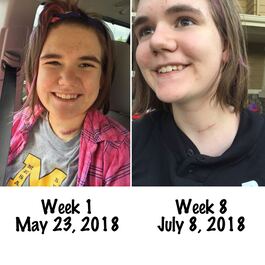 Vagus Nerve Stimulation (VNS) therapy is a type of treatment that has been approved by the U.S. Food and Drug Administration (FDA) to treat certain types of epilepsy and depression that hasn't responded to other treatments (treatment-resistant depression). VNS therapy helps with epilepsy by delivering regular electrical impulses to the vagus nerve, which can help regulate abnormal electrical activity in the brain that leads to seizures. These electrical impulses may help reduce the frequency, duration, and intensity of seizures in some individuals with epilepsy. Allie had her VNS device implanted in May 2018 for seizure control. A little known fact that I came across in my research is the VNS device can be beneficial in treating depression in some individuals.
Of course, VNS is not a first-line treatment for epilepsy or depression. Generally speaking, the implant is considered after other treatment options have been exhausted, and it's not effective for everyone. VNS treatment comes with potential risks and side effects. These may include voice changes, shortness of breath, difficulty swallowing, coughing, tingling, or prickling in the skin, difficulty breathing, and changes in heart rhythm. The only side effect that Allie has reported is her voice change. When her VNS activates every 3 minutes her voice then sounds like a lower tone with vibrations such as when you talk into a large box fan. When it is "going off", the device activates the vagus nerve, the electrical impulses travel through the recurrent laryngeal nerve and stimulate the muscles responsible for vocal cord movement. For the first 5 years the VNS has given Allie long streaks of seizure free days. Her record is 203 days. I cannot state the VNS gave her a cure, but I will be grateful for every seizure free day she has had in result of the implant. The VNS can be an effective treatment for some individuals with epilepsy and depression. It is an invasive surgery that implants the device in the body. It is important to consider the risks and benefits with your healthcare provider and schedule a surgeons consultation before any decisions are made. 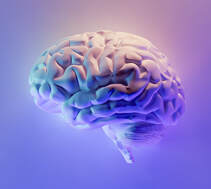 Epilepsy is a neurological disorder that affects millions of people worldwide. One lesser-known but equally challenging form of epilepsy is PCDH19 (Protocadherin 19), a rare genetic condition that primarily affects girls. What is PCDH19 Epilepsy? PCDH19 epilepsy, also known as a type of Clustering Epilepsy, is a rare genetic disorder caused by mutations in the PCDH19 gene located on the X chromosome. This condition predominantly affects females, but in rare cases, males can be affected too. PCDH19 Epilepsy is a broad range of severity in seizures, cognitive delays, and other symptoms, all resulting from a mutation in the PCDH19 gene located on the X chromosome. Males carrying the mutation typically remain unaffected, and they transmit the mutation to all of their daughters but none of their sons. Females with the mutation have a 50% likelihood of passing it on to their daughters and a 50% chance of transmitting it to their sons. Recently, researchers have identified some unaffected females and are investigating the factors that protect them from the disorder. Mosaic males can also be affected, but to date, only a small number of males have been diagnosed. Symptoms and Challenges The primary symptom of PCDH19 epilepsy is seizures, which can manifest in various ways, such as focal seizures, generalized seizures, and convulsive status epilepticus. Seizures often occur in clusters, meaning that multiple seizures happen in a short period, sometimes even within a day. In between clusters, individuals may go for weeks or months without any seizure activity. Not just seizures: children with PCDH19 epilepsy may experience developmental delays, intellectual disabilities, and behavioral challenges such as autism spectrum disorder, anxiety, and aggression. These additional challenges can make daily life and social interactions more difficult for affected children and their families.  Impact on Families Caring for a child with PCDH19 epilepsy can be physically, emotionally, and financially demanding for families. The unpredictable nature of seizures often leads to constant worry and anxiety for parents. And, the need for specialized medical care, therapies, and educational support can place a significant financial burden on families. Parents of children with PCDH19 epilepsy may also struggle with feelings of isolation, as the rarity of the condition can make it difficult to find others who understand their experiences. This sense of isolation can be exacerbated by the fact that many healthcare professionals are unfamiliar with PCDH19 epilepsy, leaving families to navigate the complexities of the disorder on their own. The Importance of Early Diagnosis and Support Early diagnosis of PCDH19 epilepsy is important, as it allows for prompt initiation of appropriate treatments and interventions. Identifying the condition early can help families connect with support networks and resources, including specialists, therapists, and other families facing similar challenges. Connecting with others who understand the unique experiences of living with PCDH19 epilepsy can provide invaluable emotional support, practical advice, and a sense of belonging. Online forums, social media groups, and local support groups can all serve as vital lifelines for families affected by PCDH19 epilepsy. Going Forward PCDH19 epilepsy remains a mysterious and challenging condition, understanding its symptoms and impact can help demystify the disorder for affected individuals and their families. By creating awareness, promoting early diagnosis, and connecting families with resources and support networks such as * PCDH19 Alliance, we can help ensure that those living with PCDH19 epilepsy are not left to face their challenges alone. Together, we can work towards a brighter future for individuals with PCDH19 epilepsy and their loved ones.  *The PCDH19 Alliance is a nonprofit organization focused on raising awareness about PCDH19 epilepsy and supporting affected individuals and their families. Their website offers information on the latest research, resources, and updates on PCDH19 epilepsy. image from Choutette Publishing  I am not proud that I’m a bit of a Caillou expert. My daughter, living with autism has been a fan of the children's TV show for 14 years now. Most parents can't even spell his name and would love to avoid the show. They go to great lengths just to get through their child’s Caillou phase and introduce other palatable shows. Caillou is a four-year-old fascinated with the world around him. He lives with his mom, dad and little sister Rosie. The grandparents have a strong connection too, as they whisk Caillou off on big adventures like to the zoo and parks. However, this little character comes off to parents as whiny and annoying. Four-year-olds just like Caillou is trying to live a full life figuring out that the world and preschool is hard work! Some urban legend says the main character has cancer because he is bald. This is false. The TV show as it turns out is based on the illustrated children’s book from when Caillou was only a nine-month-old baby without hair. The creators thought the character as he grew older with hair growth would be unrecognizable so they kept him bald. Also, a side note from the publishers of Caillou, Choutette Publishing explained on their site, “Caillou’s baldness may make him different, but we hope it helps children understand that being different isn’t just okay, it’s normal.” source, http://www.chouette-publishing.com/ENT Enough history lesson on Caillou. So, why does my 14-year-old with autism worship the bald character so much? From my sleuthing and trying to understand why she still watches such shows like this one, Curious George, Dora the Explorer, Barney and Care Bears is understandable.
The predictability and a sense of control are reassuring to her. Over the years and banking over thousands of Caillou hours, she knows every episode and predicts what the start middle and ending will be. Her world and living with autism, for the most part, is full of sensory overload. Socializing and communication issues such as eye contact and body language are challenging. Anxiety consumes her daily life as she works so hard keeping it all together during a 7 hour school day. She cannot wait to come home change into her soft pajamas, lounge in her favorite comfy recliner and consume her treasured toddler shows. This is her "drug" of choice. Is that too harsh to say? Naw, because it makes sense to me.  My daughter in her favorite part of the library checking out cartoon books. She chooses to watch educational programs, I am really okay with that. We have come along way from when I grew up watching the Tom & Jerry Cartoon, where Tom the mean cat is trying to hurt a little gray mouse named Jerry.
I am happy to report because of my research about this topic, I have new found peace with that sweet, whiny Caillou character! Leave a comment below: How do you unwind from a hard day's work? I write a lot of letters. I always have my husband read my latest composition. One evening, after printing out my latest letter, I confessed to him that, “I write a lot of letters.” His kind response was slow and he simply said, “Yes, you do.” Which naturally prompted me to write about writing letters. Not pencil and paper. Yeah, right. I seriously don’t have the capability to be that slow with my thoughts, and my penmanship is a travesty. Shhh, don’t tell my kids. They are still learning the craft. Of course I type on some form of a digital screen and store drafts in the cloud so I’m able to gain access anytime to edit when my anger explodes again. I need to release that shit. When something is wrong, I refuse to vent on social media. Let me type that again. I refuse to blow my fuse on a social media platform. In my own old-school opinion, it’s just NOT the place for it. When the issue is between a person(s) and me or my family, writing a letter or a text to the source is more appropriate. I include their constituents if it’s necessary, which it is in most of my cases because there’s great satisfaction in adult tattling. Which brings me to the feeling of satisfaction. Absolutely, it feels fucking terrific when you tell a person who wronged you they need to be held accountable. For example, just a month ago, Principal Sir, your power-hungry ego got out of control when you refused to allow us to tour the public school you run. What makes you think you can do that? Well today, you are called out, sir. So sit down and read my fury with your boss. Which brings me to Miss Special Education Teacher circa 2014. What you did may not be against the law, however, you definitely rode the fine line of ethical and immoral behavior when you decided to hold back my daughter with autism and epilepsy from her 5th grade field trip and then hid it from us. (That happened, and a school-wide policy changed after.) I don’t have time to write all the letters and small notes I desire. I wish! For example, the very busy small parking lot at preschool. One blue Subaru double-parks every day. YES, this driver takes up two spaces with her shitty car. It is super irritating, to say the least, as I walk past it. I wish I had more time to add sticky notes onto this idiot’s car window. Someday, I will have more time in my day to write Post-It notes to strangers. Pounding away on a real keyboard is gratifying. It’s not the same sensation when I am typing with my two fat fingers on my tiny smartphone while parked in my car. I have total respect for my sad but strong keyboard keys--venting as I find a sense of closure. It doesn't always pan out the way I envision it in my head because in my head everyone gets fired. Nope, unfortunately, that ain't the case. The reality is after my letters get delivered and my release is vomited out, there comes some disappointment. Therein lies the reality that the world doesn't revolve around me and my opinions. I’m okay with that. I move forward and carry on with my personal resentment. I look back and I am okay (most of the time) that my thoughtful, well-written letter was my cheap therapy for that day. The story A Thousand Marbles touched my husband and me to the core. Its a short story about what each day meant and means with the people who you love. It's very well written, and I want to share. Please take what you want, leave what you must but share if you care. Enjoy. We sure did. Here is a link to the story: A THOUSAND MARBLES April 2 is World Autism Awareness Day
And, April is Autism awareness month. This month if you are on social media you will see "light it up blue" or an article or an image that will bring awareness to ASD which is short for autism spectrum disorder. It is a developmental disorder of variable severity that is characterized by difficulty in social interaction and communication and by restricted or repetitive patterns of thought and behavior. I get it. I was like most people before my daughter got diagnosed with autism over a decade ago. I did not pay attention to anything special needs period. But then things changed after that day. My life changed. My perspective changed. Before that, I was in my own little perfect world. Deep into insignificant issues like working full-time and planning my next beach vacation. I had a greater purpose after ASD entered. I became more empathetic. For example, because, I as a parent was living daily with meltdowns, sensory issues, and teacher conferences informing me about how disruptive my daughter was in class. From then on I did not judge the dad or mom that was leaving their full grocery cart in the middle aisle with their child in tow having the worst temper tantrum I had ever seen. I was more understanding of these situations. My empathy grew stronger for parents like myself that needed to get through another tough day with their child that might have something wrong with their brain. I was that parent leaving my groceries at the store. For whatever battle you're fighting, someone is fighting another battle just as hard. And, autism is ours. We love that April is autism awareness month and April 2 is autism awareness day. For us, it’s 365 days of autism awareness day. I write to you not to feel sorry for me. I write to inform. We are good. Because in our house, love is strong and no small accomplishments go unrecognized. Shout out to all that are fighting something unexpected. |
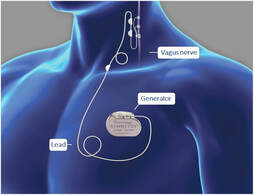

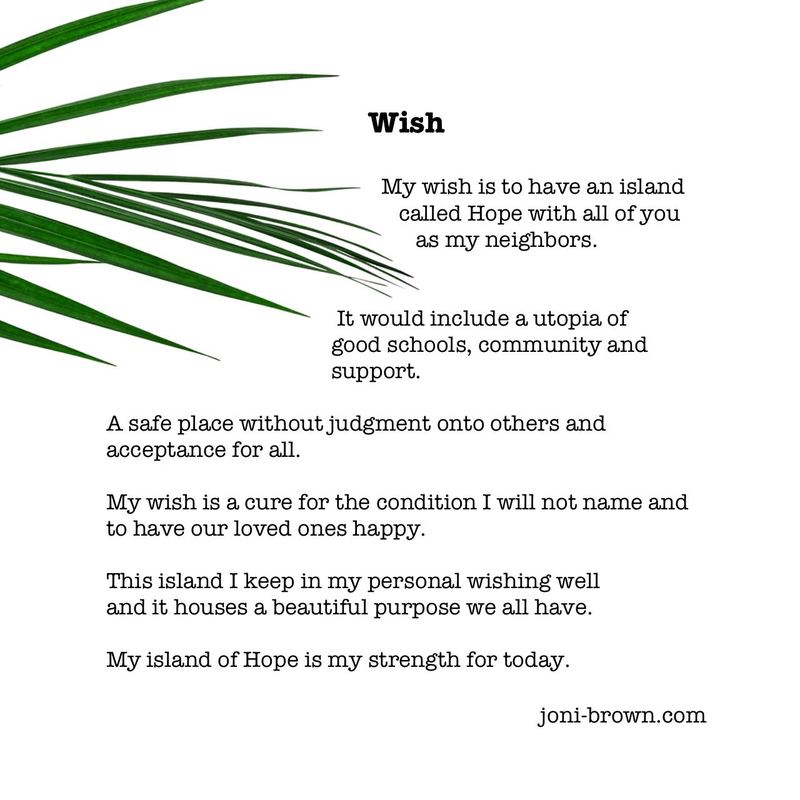

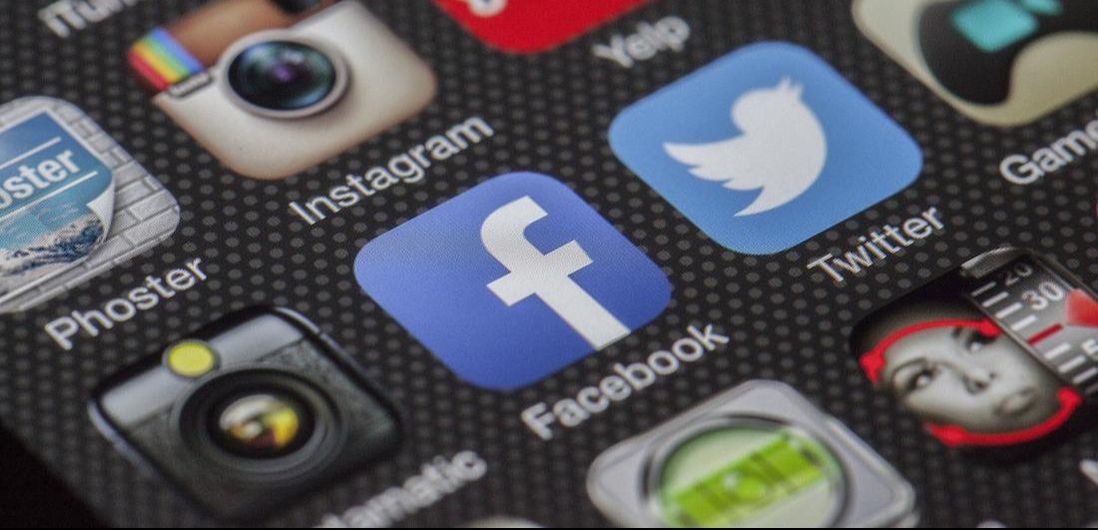


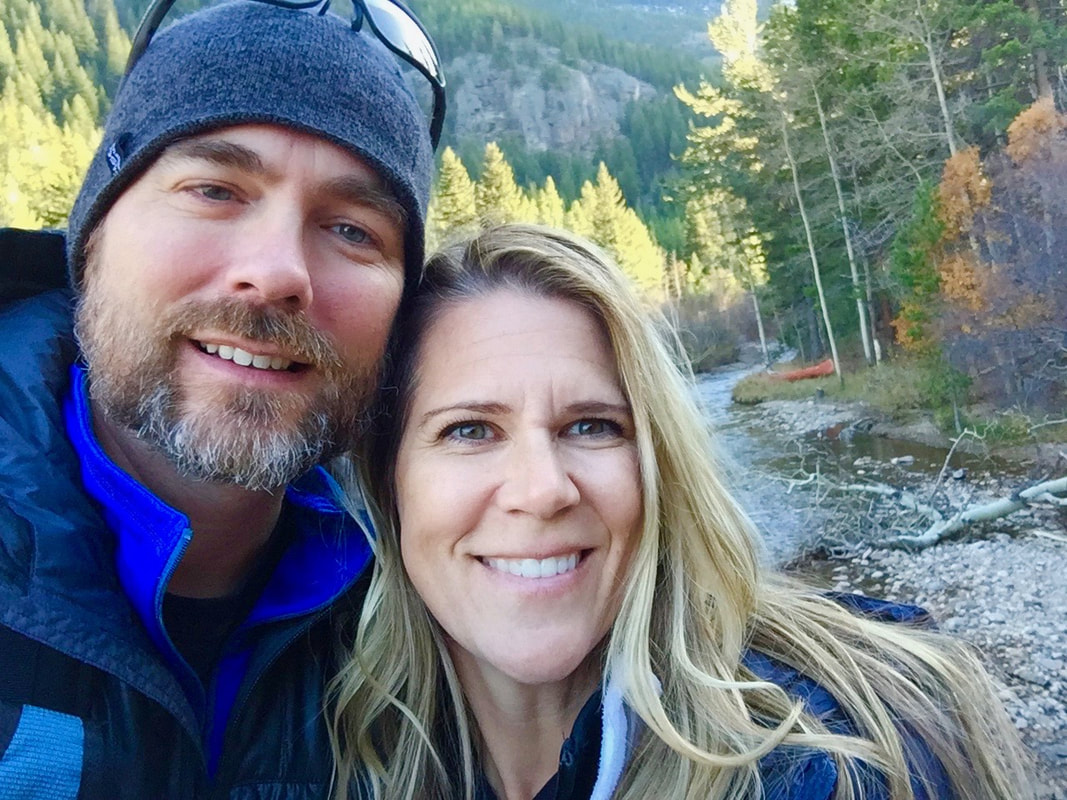
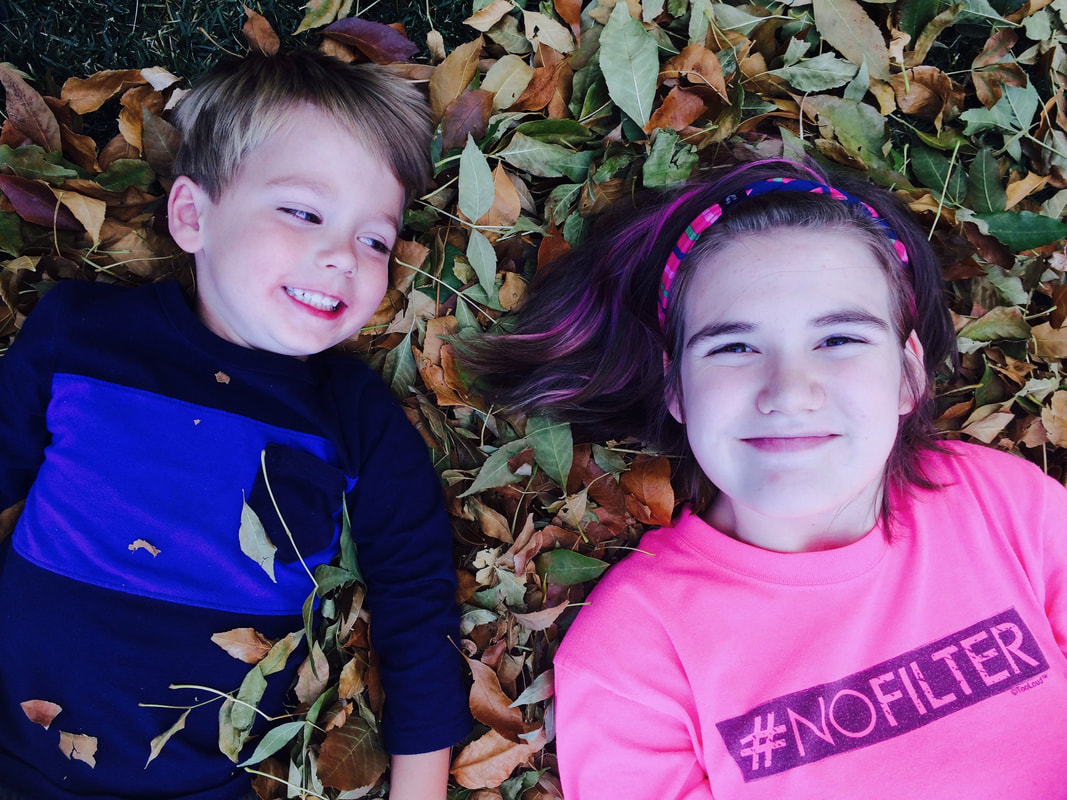
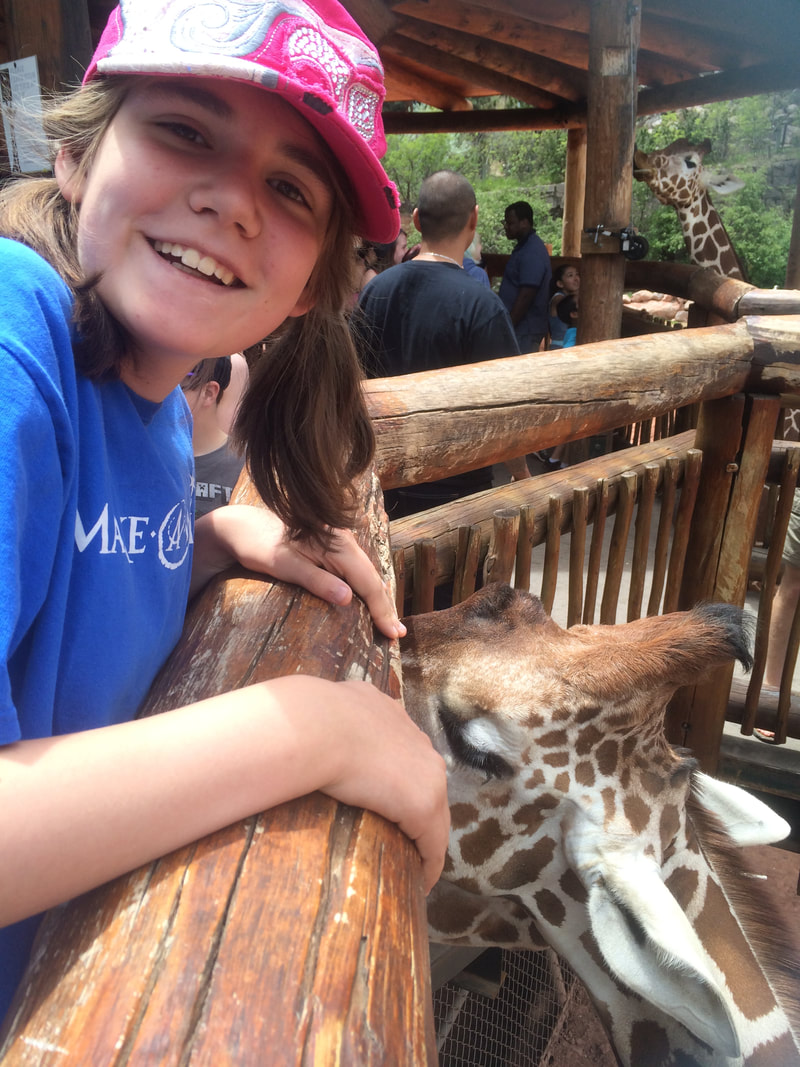
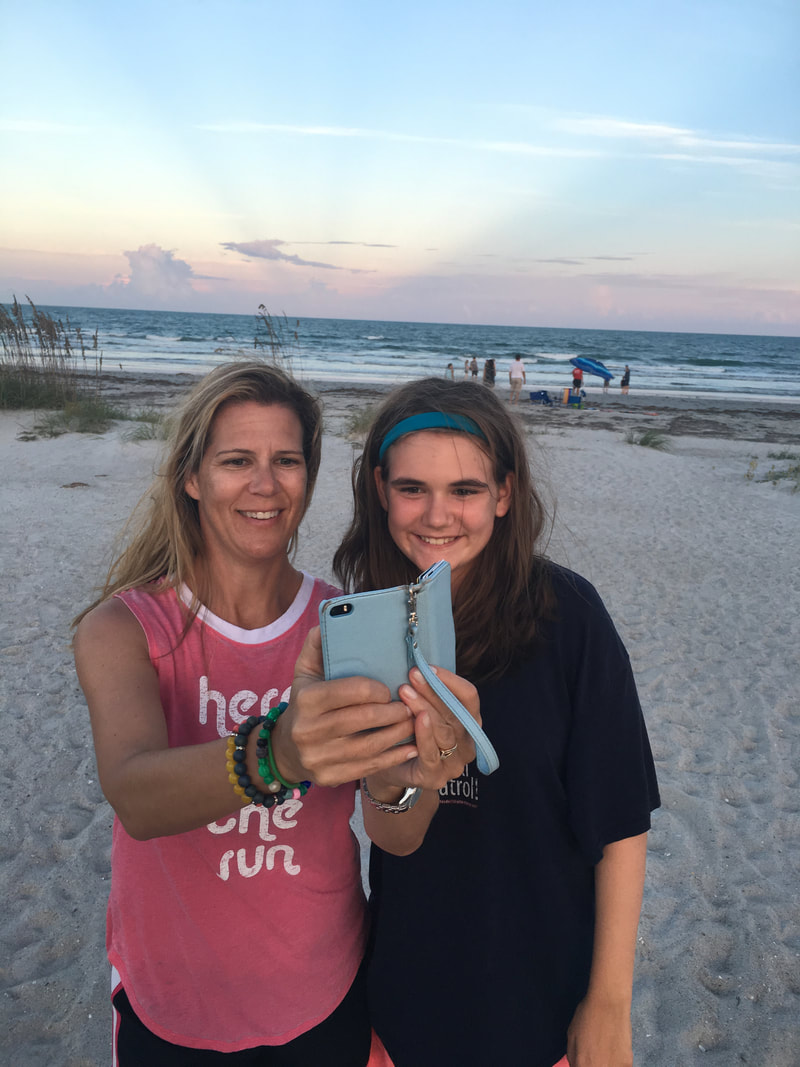
 RSS Feed
RSS Feed